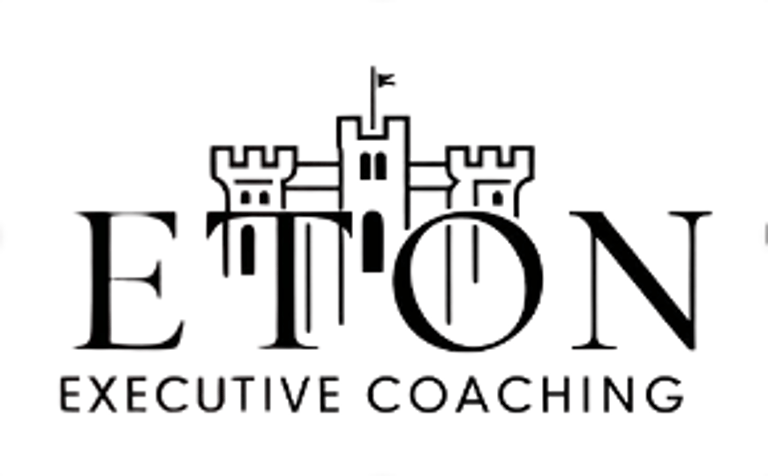A New Blueprint for UK Universities
Time for Senior Leadership to Shine
2 min read


Universities UK’s recent report, Towards a New Era of Collaboration, makes a compelling case for transformative change—but the burden of delivery rests squarely on university senior leadership teams. As higher education faces stark financial realities and shifting societal demands, UUK challenges leaders to steer not only their institutions but the sector itself into a more integrated, resilient future.
Yet driving systemic collaboration requires more than strategic intent—it demands elevated leadership capacity, cultural agility, and personal growth. This is precisely where executive coaching steps in as a force multiplier.
Senior Leaders as Change Architects
The UUK framework calls on senior executives—Vice-Chancellors, Pro Vice-Chancellors, CFOs, and COOs—to act less as institutional stewards and more as sector architects. From pioneering federations to embracing interoperable digital systems, leadership teams must foster innovation not just within, but across institutions.
But collaboration at this scale can test even the most seasoned leaders. That’s where executive coaching becomes essential.
Executive Coaching: Accelerating Sector-Wide Transformation
Here’s how tailored coaching interventions can unlock the potential embedded in UUK’s seven levers of change:
• Strategic clarity: Coaching supports leaders in reframing complex challenges, identifying blind spots, and developing clear, future-proof strategies.
• Collaborative mindset: Coaches help shift leaders from a competitive paradigm to one of co-creation—cultivating the relational intelligence needed for genuine partnership.
• Cultural navigation: Moving toward shared services or joint initiatives often means navigating deeply ingrained institutional identities; coaching equips leaders with tools for alignment and empathy.
• Decision confidence: In uncertain terrain, coaching provides reflective space to test assumptions, pressure-test decisions, and stay anchored to core values.
• Personal resilience: Amid transformation fatigue, executive coaching nurtures well-being, adaptability, and focus—safeguarding not just performance but sustainability.
Building a Coaching Culture
Embedding executive coaching across leadership teams doesn’t just benefit individuals. It fosters a culture of learning, trust, and distributed leadership—hallmarks of the collaborative university ecosystem UUK envisions. This cultural shift can extend throughout institutions, creating psychologically safe environments where change is not feared but embraced.
Final Thought
If UK higher education is to pivot from fragmentation to federation, it must start with its leaders—equipped not only with strategy, but with self-awareness and systems thinking. Executive coaching isn’t an add-on; it’s an enabler of transformation at scale.
Explore coaching options at https://etonexec.co.uk
